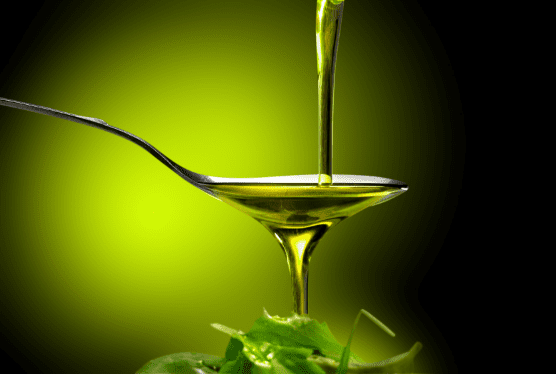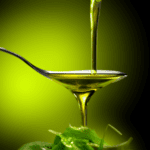
Today most Americans casually reach for a bottle of olive oil whether it’s for cooking, frying, using it as a salad dressing base, coating meat or fish, or dipping. Marketed as the healthy replacement for butter (in a post-margarin world where consumers shifted away from chemically manufactured foods to more authentic, organic products), olive oil sales in the US doubled in the past twenty years. In the ‘90s olive oil was not the staple that it is today.
This isn’t a bad thing; olive oil is great for heart health and is packed with omega-3s and other benefits. However, olive oil is a lot more complicated than butter, and the fact that Americans tend not to think about the context leaves the American market wide open to exploitation.
Olive oil is a lot more like wine than butter. Just like wine, there are expensive quality bottles that can be sipped on down to bulk olive oil to cook with. However, olive oil can spoil easily and expires within a couple of months after opening. Here are some initial things to know about using olive oil:
- Olive oil is a fruit juice.
- Olive Oil was used for cooking at least as early as the 4th and 5th centuries BCE
- There are three grades of olive oil. Pomace-olive oil is low grade (OPO), followed by regular Virgin Olive Oil, and the highest grade is Extra Virgin Olive Oil (EVOO). You will never see “Virgin” or “OPO” on a label, but they exist.
- As the highest quality, EVOO is the most expensive and the most often fraudulently labeled
Olive oil likely reached the Greek and Roman civilizations from Turkey and/or was imported and traded by the Phoenicians. It became a staple of both empires for it’s culinary uses, the base of medical poultices and wound treatments, and of course for full body anointment in the nude discus-throwing gymnasiums and spas. Its cultivation spread as far as the Roman Empire, there are trees throughout the Mediterranean today that have been producing olives since the peak of the Roman Empire. In recent years, a ban had to passed to stop selling these ancient trees to private collectors around the world.
What we don’t hear as much about are the orchards along the coast of North Africa like Libya and Tunisia, where locals produce olive oil the same way they have for thousands of years. Mediterranean EVOO is frequently blended with cheaper oils from these countries that don’t sound as nice as Italian or Spanish EVOO to the American consumer. This has been happening through organized crime and mafia organizations since the beginning of olive oil and long before our current accessibility to additives, concentrates, and the ability to chemically alter foods in bulk.


